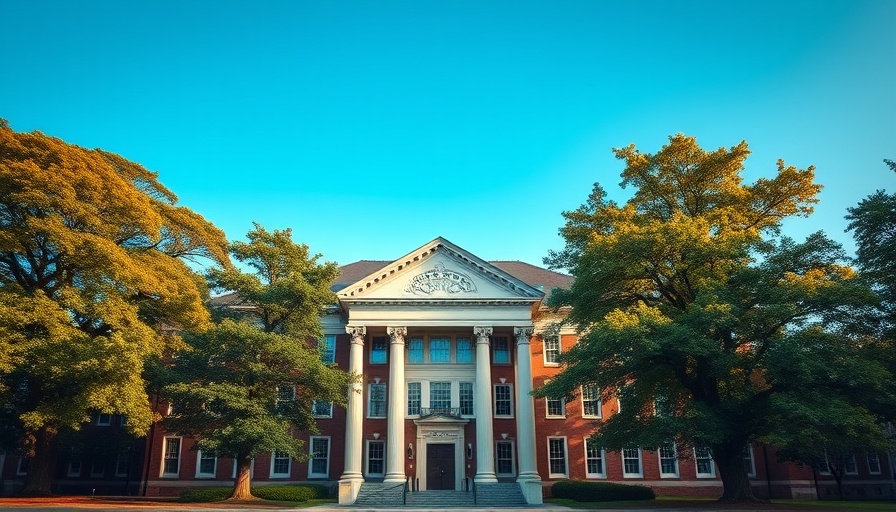
Trump’s Plan to Block Federal Grants to Harvard: An Overview
In an assertive move signaling discontent with elite educational institutions, former President Donald Trump announced his plan to block federal grants allocated to Harvard University. The political ramifications of this decision extend beyond academia and touch on broader discussions about funding, education, and the role of government in supporting institutions of higher learning. This article delves into what this decision means for not only Harvard but also the wider educational landscape and economic environment.
Understanding the Political Landscape
This decision is rooted in a longstanding tension between the Trump administration and institutions perceived as liberal bastions. Harvard has been at the forefront of this conflict, often criticized for its high tuition rates and perceived detachment from middle America. By targeting Harvard, Trump aims to rally his base and send a clear message against institutions he believes do not adequately represent the interests of working-class Americans.
Potential Impacts on Federal Funding
Federal grants play a crucial role in the financial ecosystem of higher education, funding everything from research initiatives to student financial aid. If Trump follows through with his plans, the immediate concern for Harvard is its capability to continue providing financial support to its students and maintaining its research activities. A cut in federal funding could lead to far-reaching consequences, including a potential decline in student enrollment and a reduction in academic programs, affecting the university's reputation.
The Broader Implications for the Bay Area and Beyond
The implications of blocking funds to institutions like Harvard could resonate through the Bay Area's vibrant educational and business landscape. Silicon Valley relies heavily on top-tier educational institutions for a steady stream of highly skilled talent. Many graduates of Harvard and similar universities proceed to work at startups and major corporations across the region. A financial hit to these institutions may result in fewer graduates entering the tech startup ecosystem, potentially impacting Silicon Valley's renowned innovation drive.
Reactions from the Business Community
Business leaders and educators are already voicing concerns about the potential fallout from Trump's announcement. For instance, Silicon Valley entrepreneurs stress that a strong education system is fundamental for maintaining the Bay Area's competitive edge. They argue that innovation thrives on diversity of thought, which is nurtured by a variety of educational backgrounds. Limiting funding to prestigious institutions could inadvertently stifle diversity, as students from lower socio-economic backgrounds would find it harder to afford a quality education.
Counterarguments: Supporting Free Speech and Education
On the other side of the debate, proponents of Trump’s initiative argue that it reflects a necessary balancing act in how federal funds are distributed. They argue that federal money should not perpetuate what they see as partisan institutions that stray from the core values of American society. Critics, however, counter that education should be a realm free from political weaponization, asserting that the focus should remain on improving access and ensuring quality education for all.
Possible Future Trends
As the situation unfolds, the ramifications could shape new trends in how universities secure funding. Educational institutions may begin exploring alternative revenue sources to mitigate the potential loss of federal funds, such as increased private donations or partnerships with tech companies. This shift could redefine how universities approach their financial strategies, impacting everything from tuition costs to the types of programs offered.
Conclusion: The Path Forward
Trump's announcement to block federal funding to Harvard University reflects broader national conversations about the role of government in education and its intersection with political ideology. As discussions evolve, it will be crucial for stakeholders in the education and business sectors to advocate for balanced funding solutions that serve all students and foster a vibrant educational ecosystem in the U.S. The future of institutions like Harvard, and by extension, the ecosystem supported by them like Silicon Valley, hangs in the balance, urging a call to proactive measures by the community to safeguard educational integrity and access for the next generation.
 Add Row
Add Row  Add
Add 



Write A Comment